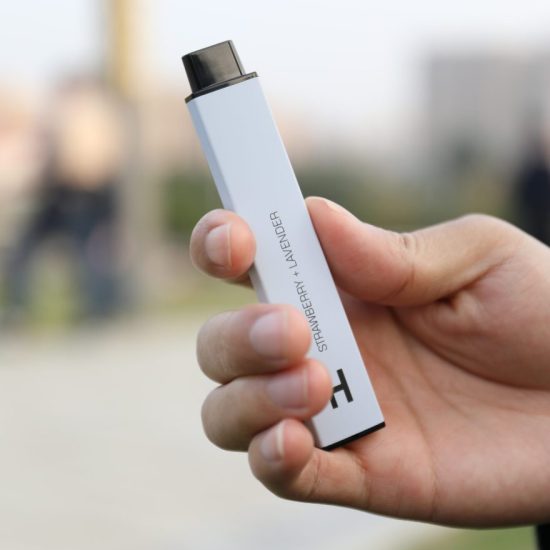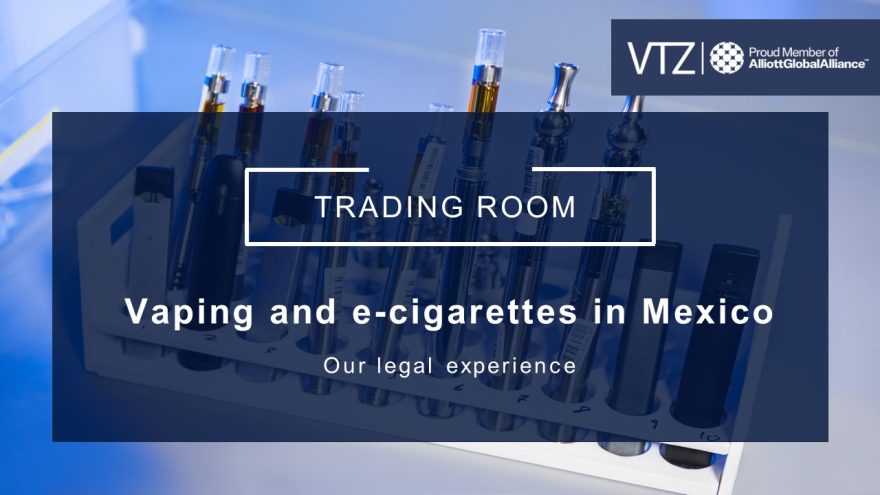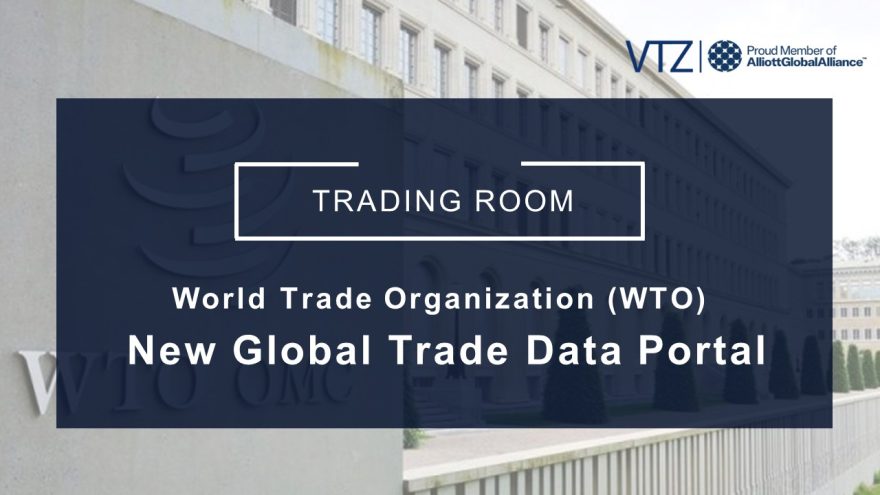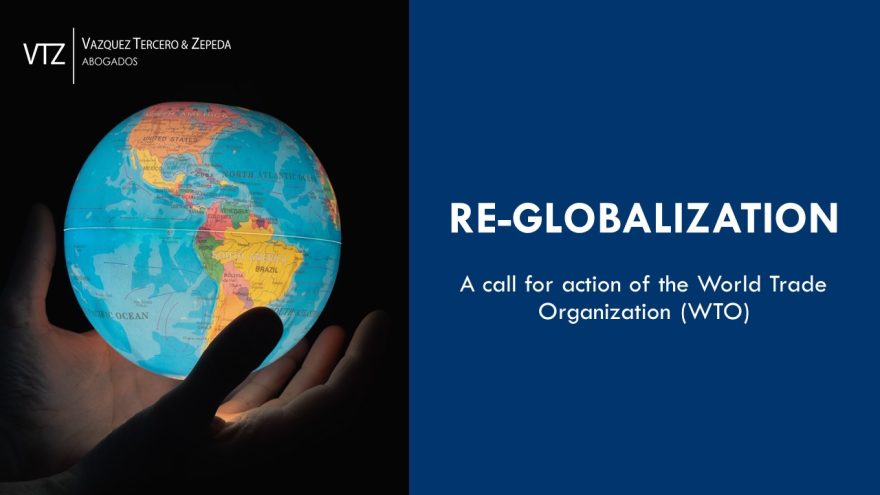Vaping: Legal Experience in Mexico
In a year marked by significant developments, the Mexican government has implemented a comprehensive ban on the importation, sale, and distribution of electronic cigarettes or vaping within the country. This decision, driven by concerns for public health, has ignited a fervent debate on issues of personal freedom, innovation, and the regulation of products associated with e-cigarettes or vapes. Specifically, the measure prompts essential questions about striking a balance between safeguarding health and preserving consumer freedom, along with its broader commercial implications.
n this article, we share with you the legal experiences encountered at Vázquez Tercero & Zepeda (VTZ) concerning businesses engaged in importing and marketing these products. Among other aspects, we will explore the restrictive policies and how we secured three significant legal victories facilitating the sale of electronic cigarettes or vapes in Mexico.
Context of the Vaping Ban
The Mexican government cites its commitment to health and environmental protection as the primary motivation behind this measure. Additionally, the ban reflects concerns for the well-being of children and adolescents, emphasizing the necessity for public policies focused on their best interests.

This standpoint gains support from the World Health Organization (WHO), which cautions against the adverse effects of heated tobacco products and advertising directed at younger demographics. The government also underscores reported instances of novel lung diseases associated with these products, emphasizing that the use of electronic cigarettes or vapes can encourage tobacco consumption, potentially worsening smoking rates in Mexico. These factors constitute the key drivers behind the prohibition.
Implications on the Vaping Ban
The discourse extends beyond mere legal considerations. The ban on marketing electronic cigarettes or vapes carries substantial implications for commercial, social, and competitive landscapes. On one hand, certain quarters recognize vaping as a potentially less harmful alternative compared to traditional tobacco. By allowing their continued presence in the market, smokers may access a less harmful option, contributing to the mitigation of risks associated with tobacco consumption.
Conversely, an outright ban on the import, sale, and distribution of these products significantly curtails trade. An effective regulatory framework for vaping could empower the government to establish industry standards for safety and quality, ensuring that available products adhere to stringent regulations. This would, in turn, shield consumers from potential risks linked to unregulated or subpar products.
The vaping industry, as an on-growing market, holds the potential to generate employment and contribute to the economy through taxation and regulation. Sanctioning the regulated sale of these products could strike a balance between safeguarding public health and providing an economic stimulus. Finally, the fundamental element of freedom of choice comes into play. By permitting consumers to choose from a diverse array of options, the government respects individual autonomy, acknowledging people’s capacity to make informed decisions about their health. However, the total prohibition acts as a direct impediment to this personal freedom.
Legal Experience on Vaping
Building on the above, VTZ has executed a legal strategy over the past year and a half, focusing on securing the rights of companies involved in the production, importation, and marketing of electronic cigarettes or vapes. Specifically, VTZ has represented a Mexican company on three amparo actions to ensure its right to import and sell these products in the country, resulting in favorable rulings in each case.
Initially, the company sought the recognition of its rights by requesting guidelines on importing and selling these goods from the Federal Commission for the Protection against Sanitary Risks. In response, COFEPRIS stated the impossibility of resolving such inquiries or providing the requested guidelines. Subsequently, the Mexican company pursued an amparo action against this decision and obtained protection from the federal courts.

Later on, the government issued a decree prohibiting the commercialization and circulation of electronic cigarettes or vapes in the country. The company contested this decree through an amparo action, arguing that it unduly restricts its freedom of trade and discriminates between electronic cigarettes or vapes and tobacco products. A favorable ruling was obtained a few months ago, and the matter is currently under review by a Federal Court.
Finally, the Mexican government imposed a ban on the import and export of electronic cigarettes or vapes in Mexico. Consequently, the company filed an amparo action against this ban, resulting in the Federal Justice granting protection to the company. This judgment is final and in the process of being enforced in favor of the company we represent.
Insights
VTZ’s judicial experience underscores the complexity of this issue. The legal strategy employed sheds light on the challenges faced by companies within the current regulatory landscape. Successes in amparo lawsuits indicate that there is room for defending commercial rights and freedom of choice in this context.
Ultimately, Mexico’s ban on electronic cigarettes prompts a deeper reflection on how the government can address public health challenges without compromising individual freedom and impeding economic development. Striking a balance between protection and freedom remains an essential challenge for public policy in a constantly evolving world. Undoubtedly, a proficient team and a well-devised strategy are foundational elements for the e-cigarette or vaping industry at this juncture.
Need more information?
VTZ is a firm specialized in International Trade and Customs with extensive experience advising companies in international trade and import procedures in Mexico. Meet the team that designed the legal strategy for these cases:











